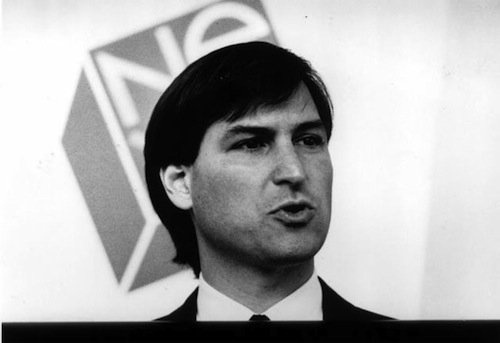The New York Times has an interesting piece by Randall Stross today, where he argues about the consequences of Steve Jobs not leaving Apple, the company he co-founded, in 1985. Would Apple be in the same place it is today? Would Steve Jobs be the visionary leader he is today?
Suppose Mr. Jobs had not left in 1985. Suppose he had convinced the Apple board to oust his nemesis, John Sculley, then chief executive and president. Under Mr. Jobs’s uninterrupted direction, would Apple have arrived at the pinnacle it has reached today, but 12 years earlier?
No, Apple wouldn’t have reached the success it’s been gaining since 2007 with the iPhone, and Mac OS X before it. By staying at Apple, Steve Jobs wouldn’t have felt the weight of loss and failure. He wouldn’t have known what starting something from scratch alone feels like - because he had forgotten what founding something felt like. But most of all, byt staying at Apple without leaving for a new adventure, Steve Jobs would have become irrelevant. Leaving made him stronger, and a legend.
It’s hard to see how anything like that would have transpired. The Steve Jobs who returned to Apple was a much more capable leader — precisely because he had been badly banged up. He had spent 12 tumultuous, painful years failing to find a way to make the new company profitable.
Exactly. Failing makes you wiser, stronger - in a way, older. Many people don’t understand this: you have to welcome mistakes and failures, because, eventually, they’ll prove you right.
Kevin Compton, who was a senior executive at Businessland during the Next years, described Mr. Jobs after returning to Apple: “He’s the same Steve in his passion for excellence, but a new Steve in his understanding of how to empower a large company to realize his vision.” Mr. Jobs had learned from Next not to try to do everything himself, Mr. Compton said.
I completely agree. The whole piece is a must-read, so do yourself a favor and go Instapaper it now.


